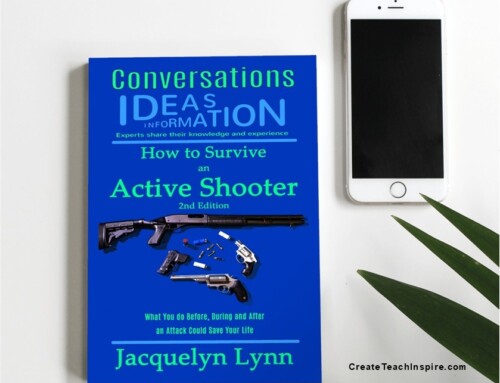What’s the leading cause of death among black men in the United States?
If you support Black Lives Matter, do you think it’s important to know the answer to that question and be supporting efforts to address the problem?
On a recent episode of The Crossman Conversation, Mark Salmon, president of Appliance Direct in Orlando, was talking about marketing (and he shared some great information—if you have a business or are involved in marketing, you should listen to this—go here). John Crossman pointed out that nonprofits can use the same techniques businesses do.
And in making his point, he shared a story that struck me.
John is a big supporter of historically black colleges and universities (HBCUs) and spends a lot of time doing guest lectures at colleges across the country. He was talking to a young student once who said, “Mr. Crossman, I really am supporting Black Lives Matter.”
Instead of immediately agreeing or disagreeing, John said, “Let’s talk about that. What’s the biggest threat to a black man in Central Florida [that would cause premature death]?”
The student didn’t have an answer, so John continued, saying, “Wouldn’t it be heart disease and diabetes and obesity?” He went on to give some rough statistics about those health issues.
Rather than quote John’s estimates, I’ll share my research. According to the CDC, the leading cause of death among black males of all ages is heart disease (24.1 percent), followed by cancer (19.7 percent). According to the American Diabetes Association, 12.1 percent of non-Hispanic black adults in the U.S. have diabetes, which is the seventh leading cause of death in the U.S.
The U.S. Department of Health and Human Services reports that more than three-fourths of black men and women are overweight or obese, and people who are overweight are more likely to suffer from high blood pressure, diabetes, and other risk factors that contribute to heart disease and stroke.
Then John continued:
“So we have this cool marketing thing with Black Lives Matter that’s really talking about law enforcement. I’m not trying to say that’s not an important topic, of course it’s important, but when I think about life, it goes into this topic of healthy eating, and that’s not as sexy and cool, but it’s protecting black lives, right?”
John and Mark talked about issues like food deserts in black communities before John returned to his story about the student.
“I said, if you want to specifically talk about Black Lives Matter and law enforcement, who trains our law enforcement in Central Florida? She didn’t know. I said, it’s Valencia College. Have you ever been to where they do the law enforcement training? She said no. I said, well, I have, and I’ve met with the staff and they take all this very seriously. A lot of situations are very raw and complicated, but they’re working to get better and better and better.”
He went on to mention other efforts and institutions that are working to improve life in black communities. His point was to illustrate how Black Lives Matter uses effective marketing techniques, but I was impressed by how he gently opened someone’s eyes to the importance of understanding the whole picture of an issue and not just accepting the marketing message.
He didn’t attack or even lecture this young person for what she believed. He didn’t patronize her. He asked questions designed to get her to think and maybe do some research of her own.
When you just tell people they’re wrong, it shuts down the conversation. A better way is to ask questions, listen to answers, and share information in a nonjudgmental manner. That’s the only way we can work together on everything that matters.
- Read this Before You Sign with AuthorHouse - July 1, 2025
- Book Review: America May God Thy Gold Refine - June 30, 2025
- A Tale of Two Book Reviews - June 24, 2025





